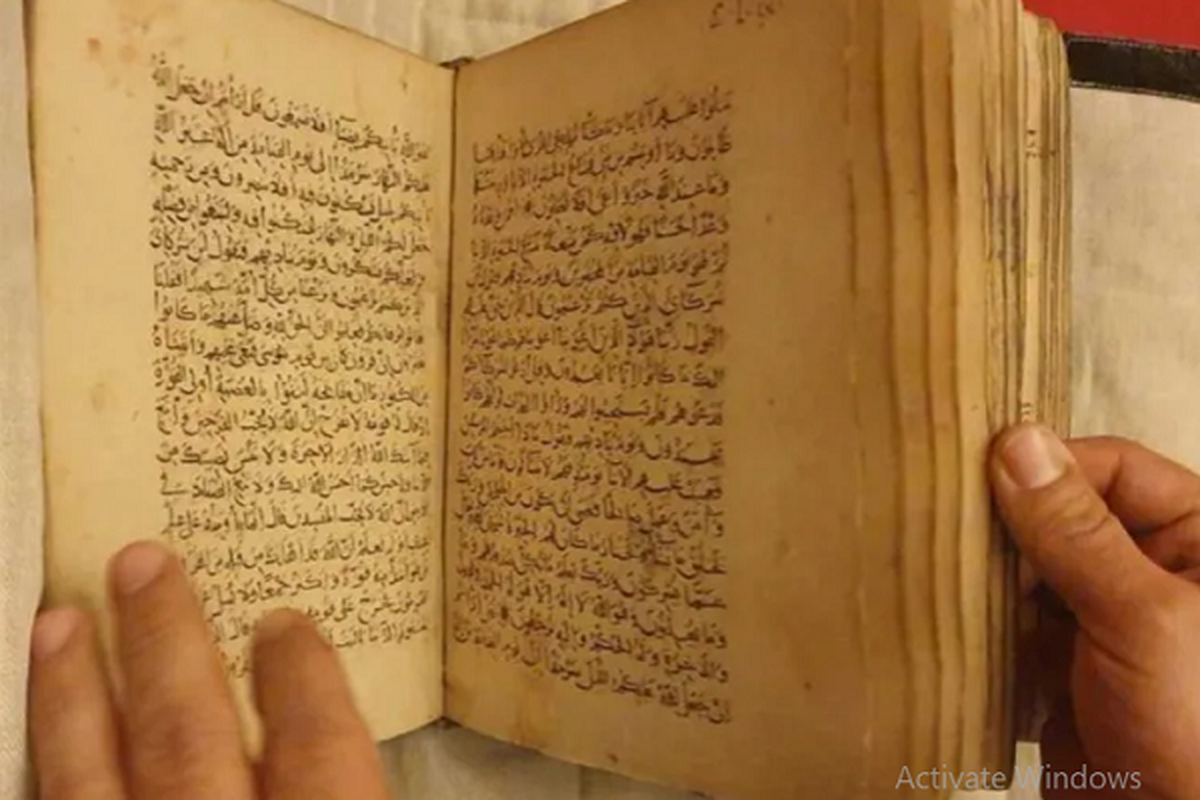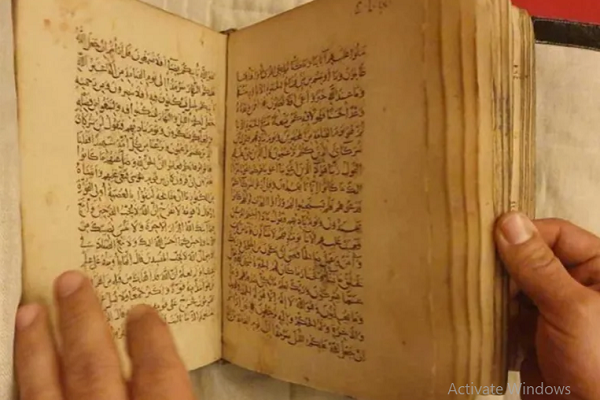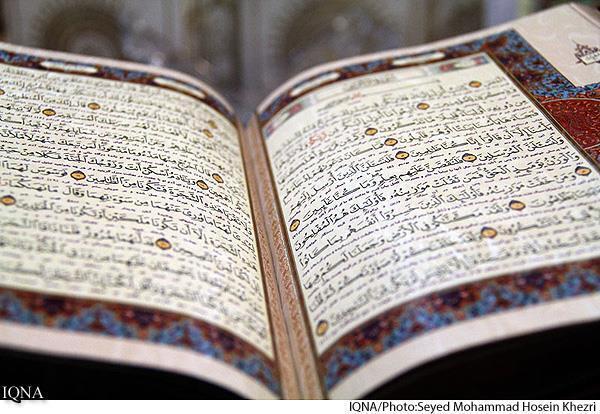Arabic Language Would Not Exist without Quran: Syrian Linguist


Because of the Quran, Arabic sciences emerged, and it transformed from a tribal language into an international language and the language of the Islamic Ummah, al-Tayyan wrote in an article on the Al Jazeera website about the influence of the Holy Quran on the Arabic language.
Following are excerpts from his article:
God Almighty willed that the noble language of Arabic be the language of the Holy Quran, that it be recited with it, that it purify souls, and that it teach knowledge and wisdom to the illiterate.
But the fierce war against this language has not stopped and will not stop becuase this language is a strong bond that binds its children together, connects the East to the West of this Ummah, and its present and future.
We have witnessed examples of this ongoing war against the Arabic language, beginning with the attacks and deception of populists throughout history and ending with the axes of ill-wishers and enemies and those who plot and lie in wait against the Arabic language.
The Holy Quran opened the door of attention and care for this language; a door that has never been closed and will never be, because various Arabic sciences originated within the framework of the Holy Quran and led to understanding its meanings and concepts, understanding its rhetoric, and discovering its secrets, mysteries, and miraculous aspects.
Therefore, many linguistic researchers have said that if there were no Quran, there would be no Arabic language.
The Quran is the key to the Arabic language, and it was through the Quran that this language was known and expanded, flourished, matured and bore fruit in the service of the Quran. Because of the Quran its sciences emerged and its arts diversified. It was through the Quran that the Arabic language transformed from a local language into a global language, from a tribal language into an international language, and became the language of the Islamic Ummah.
Raghib Isfahani says in his book Al-Mufradat that “the words of the Quran are the core and essence of Arabic. Jurists and sages rely on them in their rulings and wisdom, and the most skilled poets and eloquent writers turn to them in their poetry and prose.”
Read More:
Therefore, familiarity with the Arabic language is essential for anyone who seeks to master the sciences of the Holy Quran, including interpretation, syntax and grammar, recitation and Tajweed, understanding the unknown, and recognizing Nasikh and Mansoukh, etc.

With the gradual revelation of the Holy Quran to the Messenger of God (PBUH), the Holy Prophet (PBUH) was the first interpreter of the Book of God Almighty. So it is not surprising that he was the main teacher of his companions. He recited the verses of the Holy Quran, taught his companions knowledge and wisdom, and taught them its interpretation. The great companions followed his example and after that, they themselves became teachers and interpreters of the Quran. The most prominent of them in this regard was Abdullah ibn Abbas, the cousin of the Messenger of God (PBUH).
Arabic sciences, including morphology, syntax, Tajweed, phonetics, recitation, rhetoric, and others, each emerged within the framework of the Quran and served it. Anyone who follows the history of these sciences, their origins, and the narrations narrated about them will encounter anecdotes and wonders that confirm and attest to this.
Read More:
In this regard, our teacher, Saeed al-Afghani, says: There is a close connection between the sciences of the Quran and the sciences of the Arabic language. No matter how well you master the sciences of the Arabic language, if you are empty-handed in the sciences of the Quran, your knowledge is incomplete, your foothold in it is not firm, your perception of the language is vague, and it exposes you to traps that you are on the verge of falling into at any moment. The reason for this is clear to anyone who has a thorough understanding of the history of the Arabic language, because he knows very well that the Arabic language emerged around the Quran and in its service.
4297057



